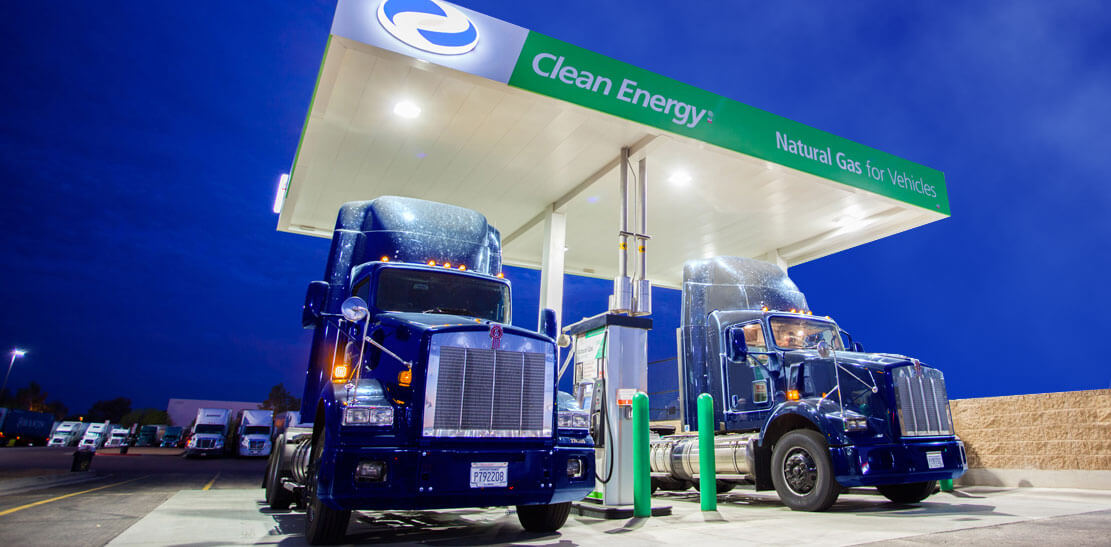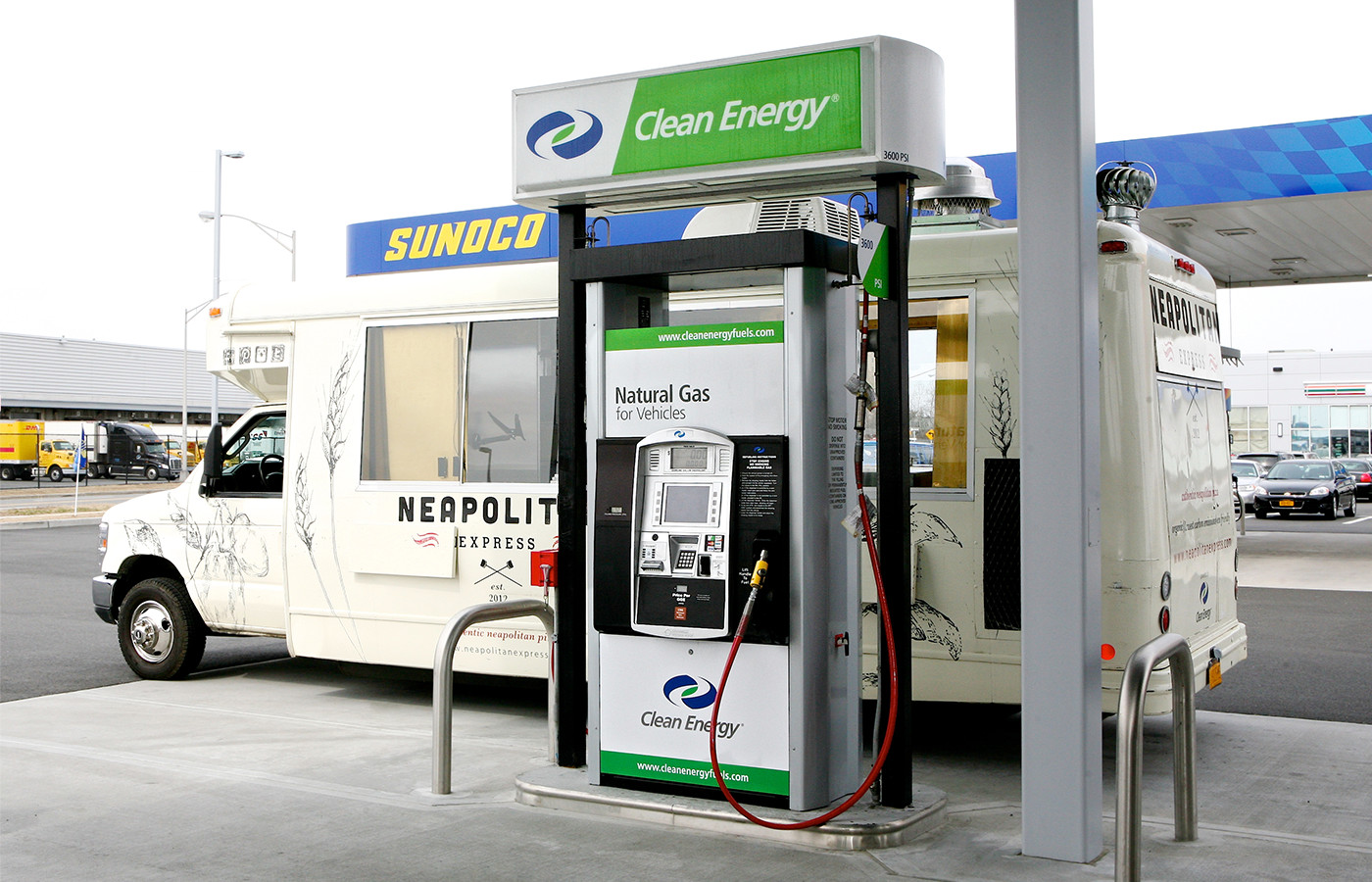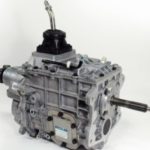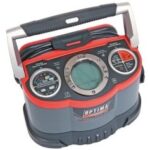3 Ways To Increase Fuel Efficiency (And Reduce Your Carbon Footprint)
GOING GREEN ON EASY!
These days it feels like almost everyone is trying to reduce their carbon footprint. The unstoppable rise in demand for electric and hybrid cars is a direct result of the increased desire for cleaner, greener vehicles.

However, you don’t have to trade in your current car for a new Tesla quite just yet, there are several easy ways you can lower the number of emissions your existing vehicle generates (without breaking the bank).
With that in mind, here are 3 of our top tips for making your current car cheaper to run and better for the planet at the same time.

Driving Style
Arguably the most effective way to save fuel is to adjust your driving style. You may remember from high school physics that it takes more energy (in this case fuel) to accelerate an object than it does to maintain a steady speed. You should try to avoid accelerating rapidly whenever possible, and if you’re driving a stick, make sure that you’re in the highest suitable gear to lower your RPM.
It’s also a good idea to try to anticipate braking ahead of time by letting off the accelerator a little bit earlier. While braking is obviously an essential part of driving, it’s literally wasted energy (or fuel) that is being turned into heat via the friction of the brake pads.
Bonus Tip: A completely cold engine uses more fuel before it reaches its optimum operating temperature. If you have to make multiple trips in one day, try combining them into one journey to further reduce your fuel consumption.\
![]()
Turn Off The AC
The air conditioning system in your car runs directly from the engine (so it needs to work harder when the AC is on). This obviously uses more fuel. If it’s not too hot outside ensure the AC is turned off whenever possible, it makes a noticeable difference to your MPG.
Must Watch!
Regular Maintenance
Ensuring that your car is regularly serviced and properly maintained is extremely important. Even small issues that would take a professional mechanic 30 minutes to fix can knock double-digit percentage points off of your fuel efficiency. Here’s a list of some (but not all) of the things that we recommend you check regularly.

Tire Pressure: Ensuring that you keep your tires properly inflated is one of the simplest bits of routine maintenance that you can do yourself. Look in the owner’s manual (or in the door jam) to find the recommended pressure and adjust your tires accordingly. The U.S Department of Energy states that the average person can increase their fuel efficiency by 3.3% simply by adjusting their tire pressure.
Air Filter: If your air filter is old the amount of air that reaches the engine can be reduced significantly. As your engine relies on an optimum mixture of fuel and air to work at its maximum efficiency, the restricted airflow can seriously increase fuel consumption. The U.S Department of Energy states that in some cases you could save up to 22 cents per gallon by changing a bad air filter.
Oxygen Sensor: As you might have guessed, the oxygen sensor detects the amount of air in the engine. If this is not working properly the engine can use too much fuel when it incorrectly reads a less than the optimal amount of oxygen. In the worst cases, this can reduce your MPG by up to 30 or 40 percent.
Oil Change: Oil is the lubricant that keeps your engine turning over smoothly, if it’s old and sludgy then there will be increased friction – which results in wasted fuel and increased wear and tear. Oil filters should also be changed regularly as they are responsible for cleaning out any sludge and particulate in-between oil changes (which will keep things running smoother for longer).
Note: If you’re unable to conduct the maintenance above on your own, it almost always makes good financial sense to visit a reputable mechanic to get a full service – especially if it’s been a while since your last one. The amount of money you’ll save in fuel over the long run can quite easily offset the cost of the work that’s carried out.



